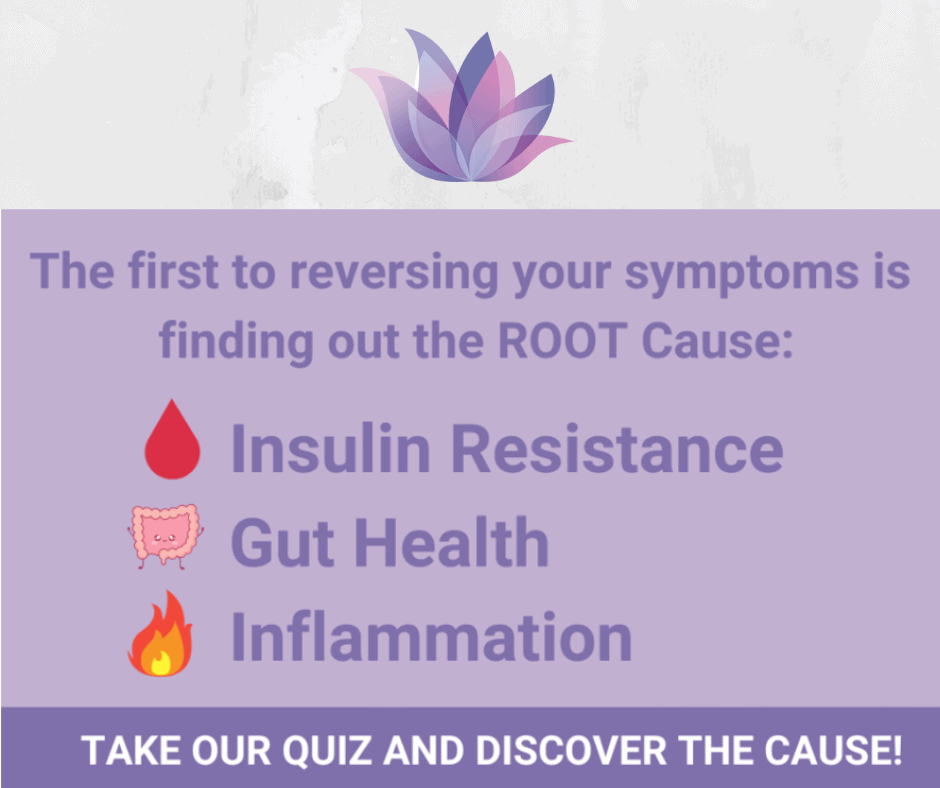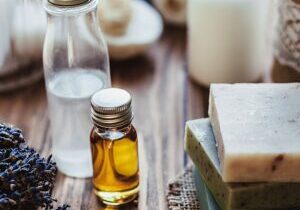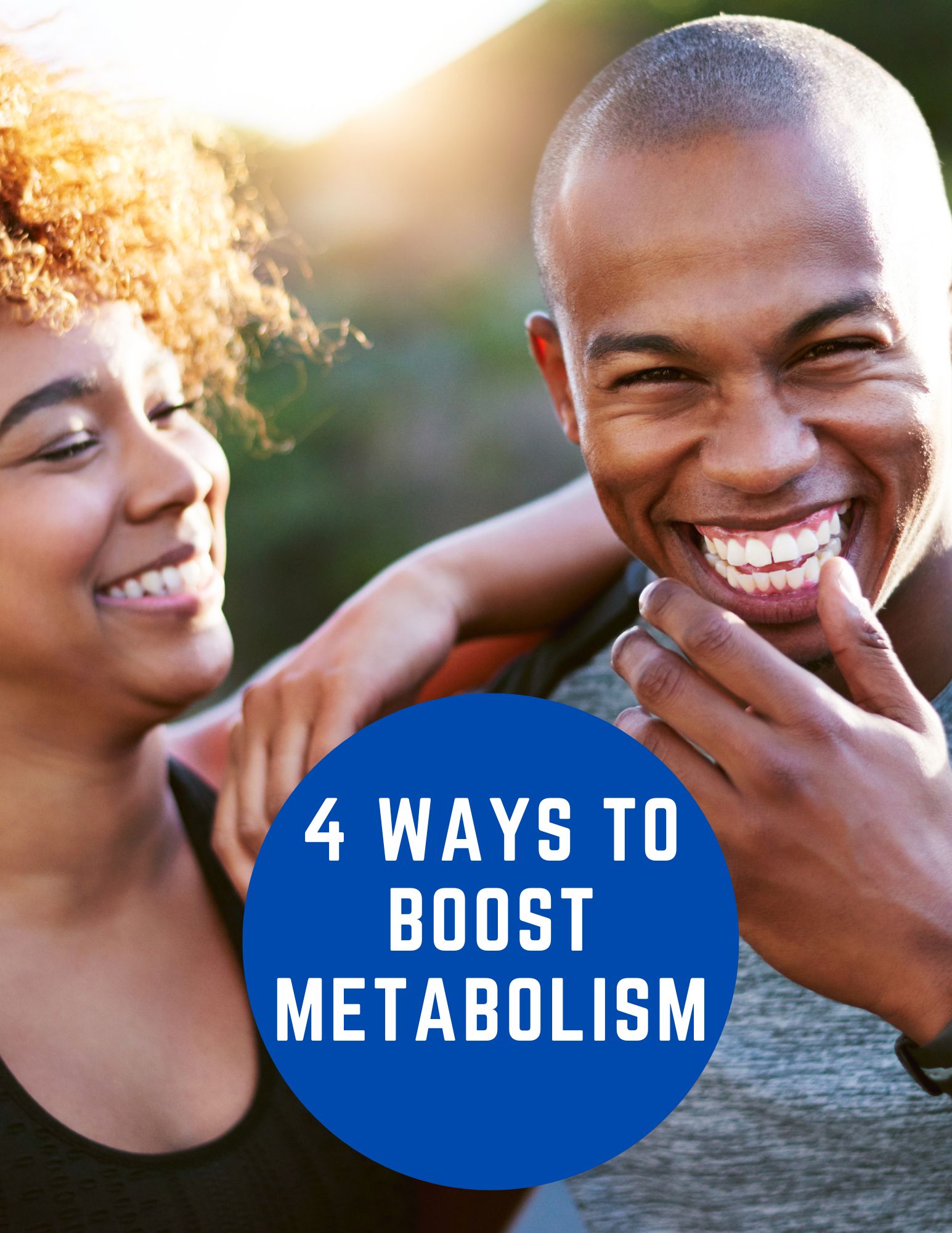The simple answer is yes. Toxins are present everywhere, the environment, food you eat, the products you use on your body, even the paper receipt given to you at the store. While you can’t eliminate everything, you can reduce the toxic load your body sees and improve your health, especially your hormone health.
How do toxins affect your hormones?
Toxins are what we call endocrine-disrupting chemicals (EDC). These chemicals bind to receptors in the body that produce hormones and alter their production. Hormones are the signals that communicate between the various body systems. Examples of hormones include thyroid, cortisol, insulin, progesterone, and estrogen to name a few. They can be natural or synthetic. Below is a chart of the organ systems that EDC’s affect.
Natural EDC’s include phytoestrogens, found in food although usually in low amounts. But they can interfere with hormone productions. A good example is infant formula.
Synthetic EDC’s include a large group of chemicals that are in a variety of environments. Here are a few:
- BPA (bisphenol A), found in plastics.
- PBB (polychlorinated biphenyls), found in industrial solvents and cleaners.
- Phthalates, found in shampoos and body washes.
- DDT (methoxychlor, chlorpyrifos, dichlorodiphenyltrichloroethane, commonly found in pesticides
- DES, found in pharmaceutical agents or medications.
Where are EDC’s found?
These chemicals are in everyday items like food, toys, make-up, metal, household cleaners, receipts, essentially everywhere.
If you:
wear make-up
eat food out of a can
take the receipt at the grocery store
drink from a plastic water bottle
then you are exposed to EDC’s.
How does EDC’s specifically affect PCOS?
Endocrine-disrupting chemicals wreak havoc on the endocrine system already altered in women with PCOS. Women with PCOS are known to have higher levels of BPA in their blood. Multiple studies have shown this link.
The exact reason women with PCOS are so sensitive to toxins is not known but there are several theories.
The first theory is that women with PCOS are genetically predisposed to getting PCOS but need a catalyst or something to turn those genes on. EDC’s could be that catalyst for turning on your PCOS.
The second theory being that it causes the production of testosterone and excess testosterone causes insulin resistance which then leads to more testosterone.
- One study indicated that exposure to BPA in neonatal rats caused disruption in their glucose metabolism and insulin regulation.
- Another study has demonstrated the link between ovarian dysfunction or anovulation and BPA exposure even in women with normal menstrual cycles. Linking BPA exposure and fertility in all causes, not just PCOS.
There is some evidence that chronic exposure to these chemicals when pregnant will cause the PCOS gene to be activated during puberty in the child. Even more, the reason to reduce the toxic load in your body is if you have PCOS and want to have a baby.
8 Simple ways to reduce toxin exposure.
Why is it everywhere? The EPA does not have strict regulations regarding toxins. The environmental working group is a great resource for looking up articular products you use. You have to be your advocate in checking out the products you use. Check out my podcast with Toxin-Free talk for more on the EWG. Reducing plastic exposure. Plastic is by far the biggest culprit in exposing women with PCOS to excess BPA.
Substitute plastic for stainless steel water bottles.
Plastics contain BPA. Plastic bottles are the number one way women get exposed to dangerous BPA. You can also buy a BPA-free plastic water bottle if you prefer. Although be careful that they are not substituting different chemicals instead. Read the labels.
Swap out your plastic Tupperware for glass.
Heating food in plastic will increase the BOA concentration in your food. SO make sure to not heat up for food in plastic. Or leave that water bottle in the car.
Buy clean beauty products.
Make-up and facial cleaning agents can contain some of the highest EDC’s. They often contain parabens and benzophenone. So read the labels. Even though clean or green beauty products can be more costly, they will make a huge difference in acne and PCOS. My favorite clean beauty products I use include Primally Pure, mad hippie, and Crunchi.
Go paperless with your receipts.
Receipts contain high levels of BPA and when you touch them, these chemicals absorb in your skin. To get the receipt emailed instead. SAVE A TREE as well.
Go organic.
Even better grow your food. When you know what chemicals are put on your food you have control. Organic produce or locally grown produce often contains fewer pesticides and fungicides. At a local farmers market, you can ask the farmer directly. My favorite organic delivery service is THRIVE MARKET. They literally have everything at an affordable price.
Hydrate, hydrate, hydrate.
I know I say this a lot. But water will clear out the excess toxins in your body, especially estrogen. If you are exposed to toxins in your home then you want to protect your liver and remove them from your body. Water will help you flush them out of your body.
Cut down on animal proteins that are fed antibiotics and other chemical-laden food.
Buy sustainably grown meat or dairy products that you know what the animal is fed.
Most importantly, advocate for yourself. Read every label and do your research. Check out your household products and beauty products at the EWG website.




